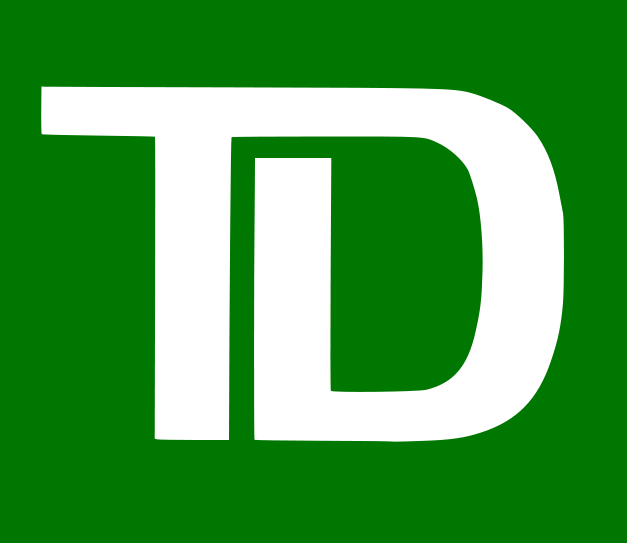 Top Class Action Lawsuits
Top Class Action Lawsuits
Uhh…Maybe not Everyone Deserves a Happy Home? You’d think with a name like ”Homejoy Inc”, there’d be a lot of joy to go around. Well, maybe for the customer and business owners, but maybe not so much for the workers. The company is facing two potential employment class action lawsuits, alleging the company is in violation of California labor laws.
The house-cleaning business allegedly fails to pay its workers minimum wage or overtime, denies workers legally mandated breaks and requires house cleaners to incur their own business-related expenses, among other infractions, according to one lawsuit. Specifically, the lawsuit claims Homejoy misclassifies its workers as “cleaning professionals”–as independent contractors–rather than employees.
Additionally, the lawsuits allege Homejoy workers must wear a shirt with the Homejoy logo on it while servicing homes and can be subject to “performance improvement plans” if their ratings are too low. The complaints further claim that “cleaners are an integral part of Homejoy’s business of providing cleaning services, among other services, to its customers.”
The plaintiffs are seeking damages in the amount of unpaid overtime compensation, unpaid minimum-wage compensation, unpaid reimbursed business expenses, one hour of additional pay for each workday completed without meal breaks and another hour of compensation for each work day without rest breaks” all with interest. The Private Attorneys General Act action seeks civil penalties and attorney fees. Go get’em!
Top Settlements
Heads up all Target Customers: A $10 million settlement has been reached in the Target data breach class action lawsuit. If approved, the settlement will resolve multidistrict litigation (MDL) resulting from one of the largest data breaches to date, affecting as many as 110 million Target customers.
The data breach occurred late in 2013—one of many data breaches we’ve been reporting on recently—and compromised customers’ personal information including bank and debit card information. The settlement motion requests certification of a nationwide class of an estimated 110 million consumers whose credit or debit card information or other personal information was compromised following the breach.
If you ever needed a reason to keep your paperwork—this would be it. Under the terms of the proposed settlement, affected Target customers who can document their losses will be eligible for up to $10,000 in damages. For those who cannot produce documentation, a payment will be made from the remainder of the settlement fund, once outstanding costs are deducted. The remaining balance will be divided equally.
Additionally, the agreement stipulates that Target makes a greater effort to safeguard its customer data, which would include appointing a high-level executive as chief information security officer and maintaining a written information security program, as well as a process to monitor for information security events and to respond to any such events determined to present a threat.
Well, the proof is in the doing… we can only wait and see.
Sheetrock Settlement. A $55 million settlement has been reached in an antitrust multi-district litigation (MDL) alleging price-fixing among companies that make gypsum board, commonly called drywall, sheetrock or plasterboard. While that might seem like a lot for drywall—it’s reportedly a $5 billion dollar a year industry in the US.
Preliminary approval was granted by US District Senior Judge Michael Maylson of the Eastern District of Pennsylvania. He has been overseeing the case since consolidation two years ago.
The defendant TIN has agreed to pay $5.25 million to settle claims from direct purchasers of drywall and $1.75 million to settle with indirect purchasers. Similarly, USG has agreed to pay $39.25 million to settle with the direct purchasers and $8.75 million to settle with indirect purchasers. The action isn’t quite over yet—as several defendants still need to settle.
Judge Baylson has also certified several classes of plaintiffs for the explicit purpose of facilitating the settlement and without having any effect on the still-ongoing litigation.
According to the complaint, the defendants account for more than 99 percent of drywall sold in North America. They are USG, National Gypsum, CertainTeed, Georgia-Pacific, American Gypsum, Lafarge, Temple-Inland (TIN) and PABCO. Well, if it wasn’t price-fixing it was certainly one hell of a coincidence.
Hokee Dokee—That’s a wrap folks…Time to adjourn for the week. See you at the bar!




